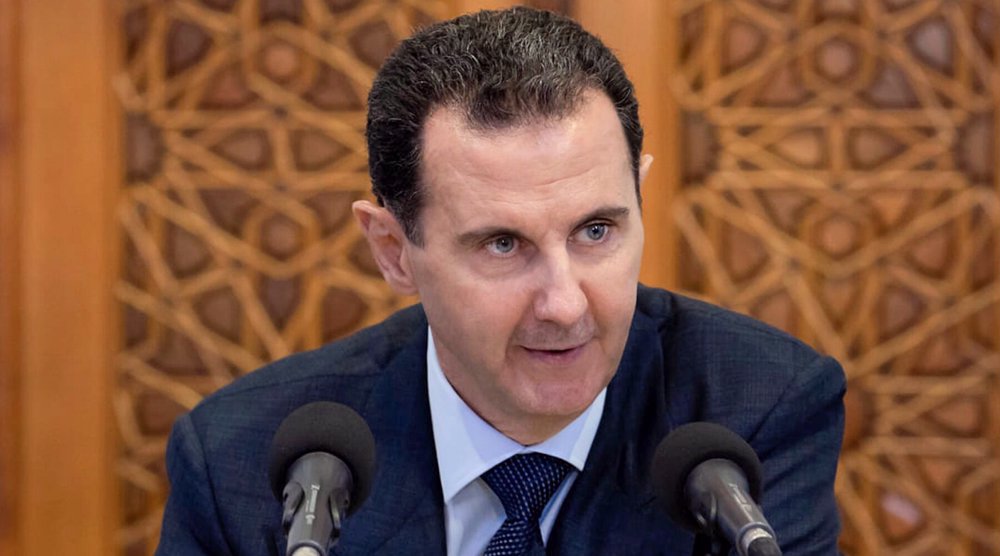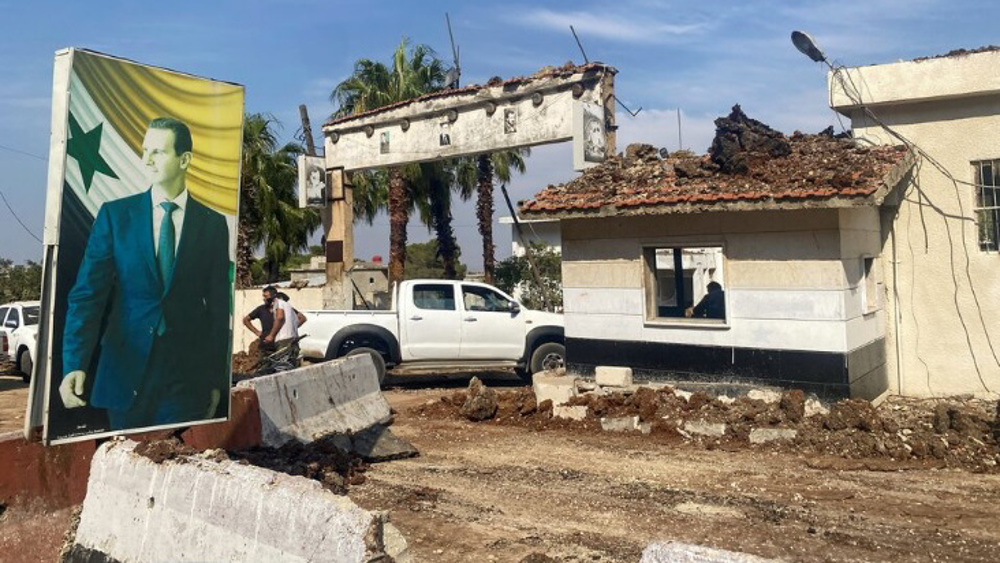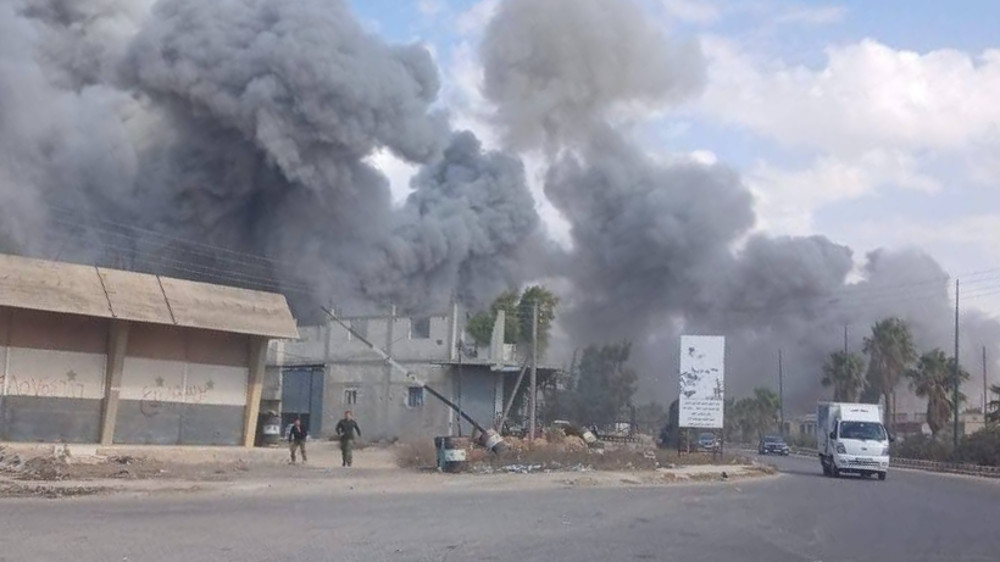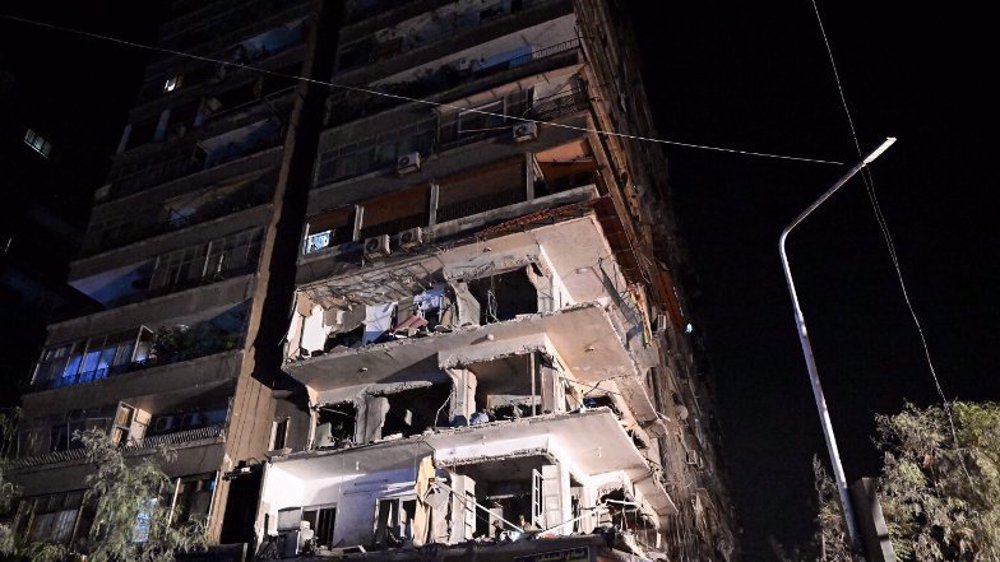Bashar al-Assad registers for Syria’s presidential elections
Syria’s President Bashar al-Assad officially registers for participation in upcoming presidential elections, a crucible for the country’s efforts to defeat its adversaries and restore calm and security.
Assad forwarded his request for candidature in the May 26 elections to Syria’s Supreme Constitutional Court on Wednesday.
Hammouda Sabbagh, speaker of the People’s Assembly of Syria (the Syrian parliament), confirmed this.
“Just as the Syrian army managed to confront terrorism in the battleground and defeat the terrorists, each and every one of us will frustrate the plots that have targeted Syria too by taking part in the elections,” he noted.
Assad first became Syria’s president in 2000, and has retained the capacity by winning consecutive elections. The last elections were held in 2014.
A piece of legislation was passed two years before the last polls, enabling creation of a multi-party political system in the country.
In line with the Syrian law, the candidates must have spent their last 10 years in Syria and should not be dual nationals.
Eyes are on the elections as a landmark reflecting the country’s transition towards stability from the chaos and mayhem that it began experiencing in 2011 in the form of foreign-backed militancy and terrorism.
Syria has been enlisting the assistance of its allies, including Iran and Russia, in its uphill battle against the violence, especially after the Takfiri terrorist group of Daesh entered the fray in 2014.
The Russian support has taken the form of back-up airstrikes, while the Iranian assistance has been advisory in nature.
Reinforced by the allies, the Arab country’s anti-terror struggle began reversing the militants and terrorists’ fortunes to the point that it has now liberated the biggest part of its soil.
Nasser Qandil, a well-known journalist and editor with the Lebanese newspaper al-Binaa, meanwhile, addressed the issue of the elections in an interview with Press TV.
He expected the polls to witness a maximum turnout, roundly rejecting notions created by some, including the United States, which are attempting to brand the elections as alleged rubberstamp polls.
This time, he said, the Syrians were to attend the polls, while the entire world was watching them. Therefore, it seems like the polls signified beyond simple election of a president for the country and were, in a sense, a referendum on a wide range of issues, the expert said.
The elections would, in fact, reflect the level of the Syrian people’s development in the face of hardships and US-led economic sanctions, Qandil said. The polls would also indicate the level of Syrians’ commitment to what Assad has been trying to safeguard, including Syria’s territorial integrity and sovereignty, and the fight against terrorism and occupation, the senior journalist stated.
Qandil also strictly spurned false reports alleging existence of a Russian campaign aimed at sidestepping Assad, and denied that there were any other plots towards partition of the Arab country among various parties.
VIDEO | Press TV's news headlines
Iranian satellites launched into space as private sector debuts in space industry
VIDEO | Iran, Azerbaijan conduct joint maritime rescue operations
VIDEO | Yemen’s Red Sea divide: Naval forces block Israeli-linked ships in strategic ‘parting of the water’
VIDEO | Southern Gaza: Israel’s facade for famine and suffering
VIDEO | IOF hampering humanitarian aid
VIDEO | Sharmahd: Justice Done
Iran repeatedly warned Israel not to test its will: FM










 This makes it easy to access the Press TV website
This makes it easy to access the Press TV website